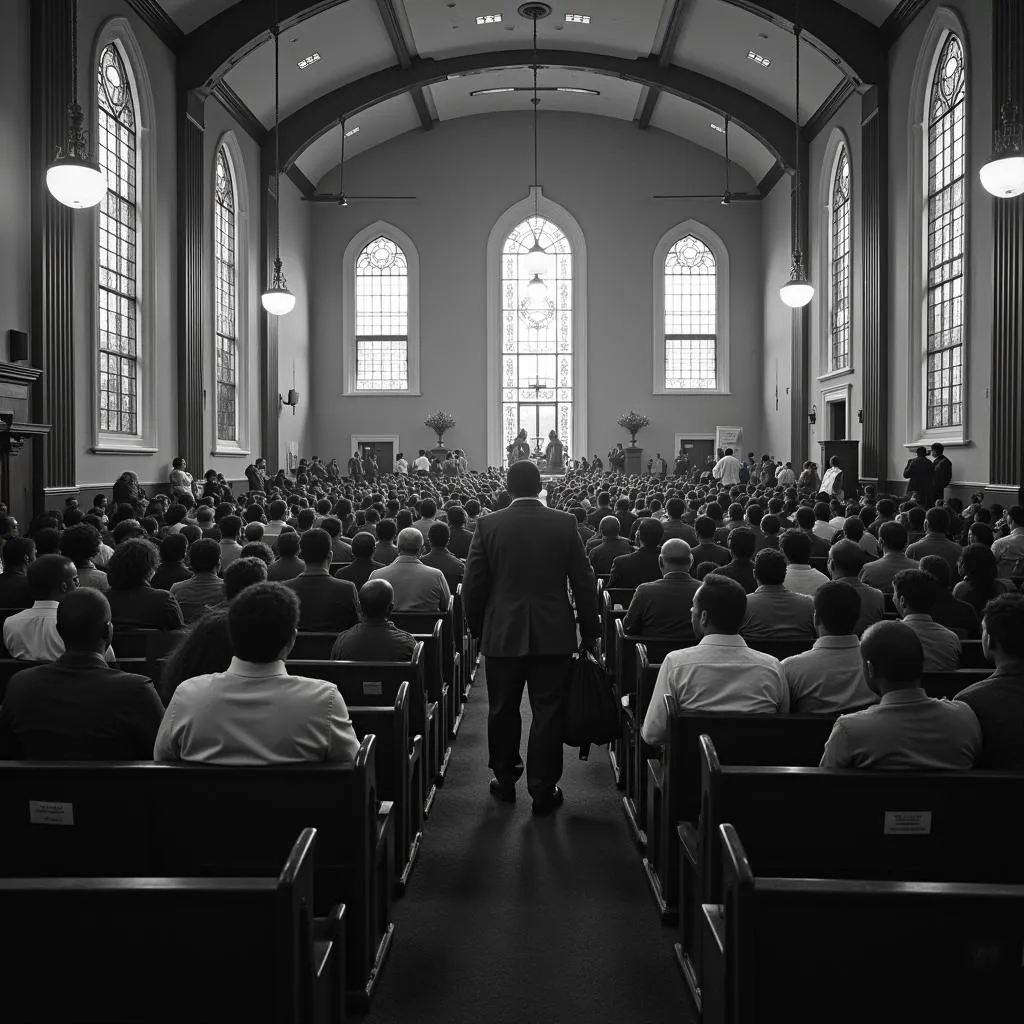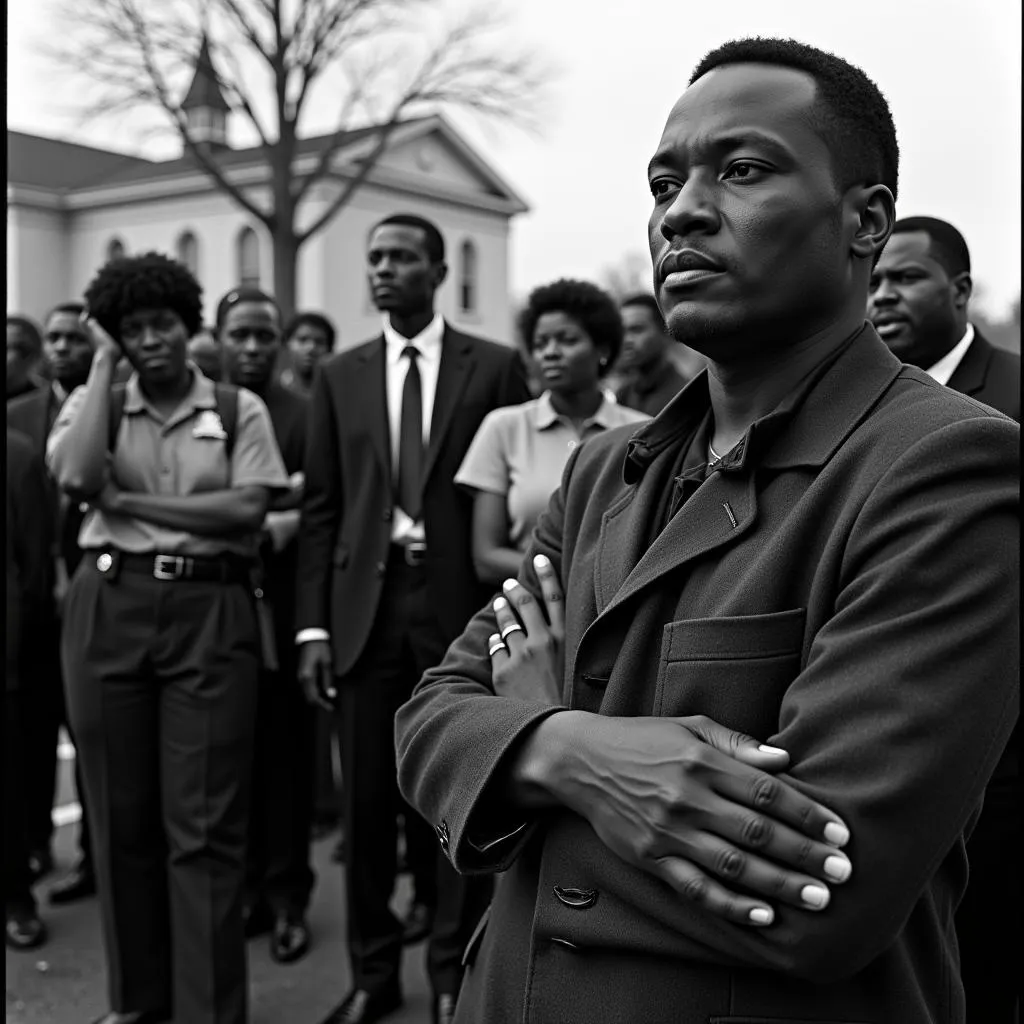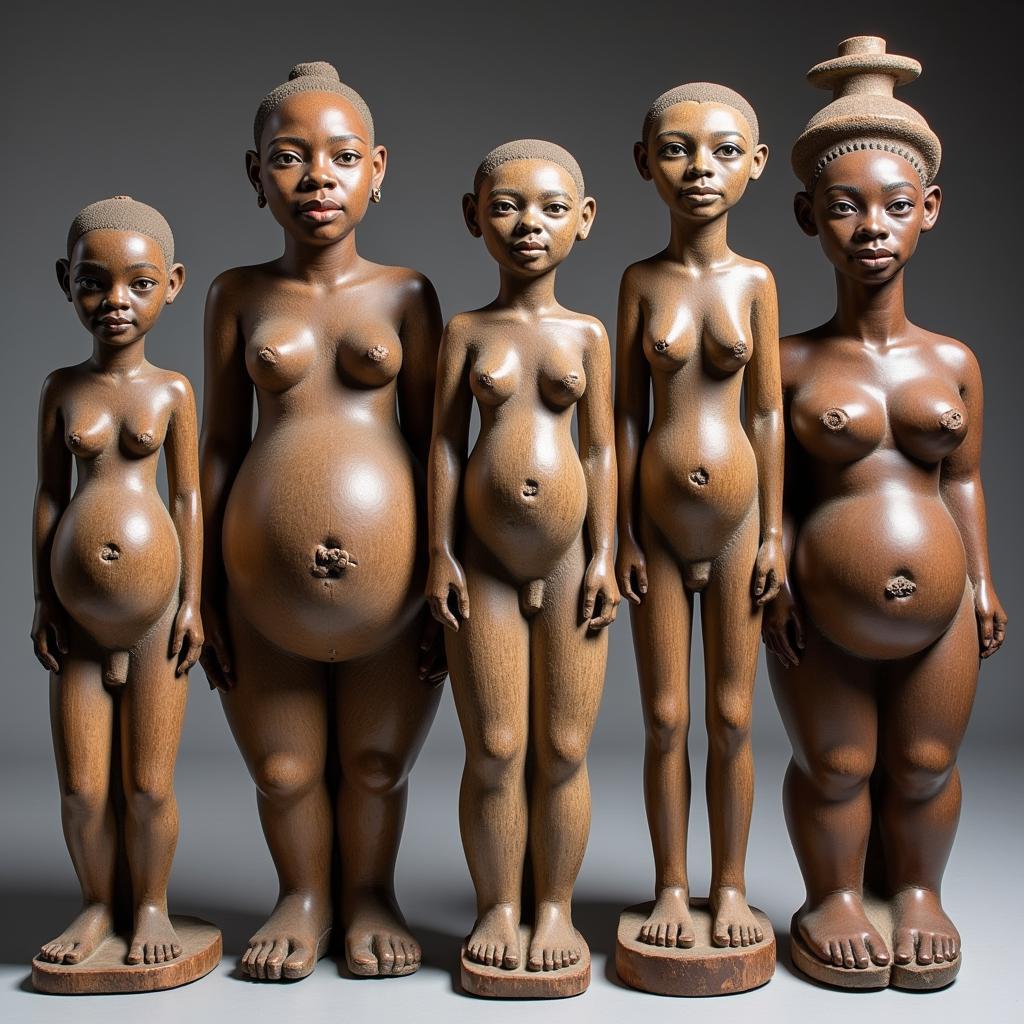The Shadow of Hate: Understanding the Tragedy of African American Church Attacks
The horrific reality of an African American Church Attack strikes at the core of Black communities in America. These acts of violence are not merely attacks on buildings; they are assaults on spaces of worship, safe havens, and pillars of resilience that have historically and contemporarily held immense significance for African Americans. This article delves into the historical context, motivations, and enduring impact of such tragedies while also exploring paths towards healing and justice.
A History Steeped in Terror: More Than Places of Worship
To comprehend the gravity of an African American church attack, one must acknowledge the historical tapestry woven with threads of pain, resistance, and unwavering faith that these churches represent. From their emergence during slavery as clandestine gatherings for prayer and solace to their evolution into hubs for civil rights activism, Black churches have long been more than just places of worship. They are sanctuaries, community centers, and symbols of Black autonomy and hope.
 Black church during the civil rights movement
Black church during the civil rights movement
Targeting Sacred Ground: Unpacking the Motives
The motivations behind African American church attacks are complex and multifaceted, often stemming from a venomous blend of racism, hate, and a desire to instill fear. These acts often aim to:
- Terrorize and Suppress: By attacking a symbol of Black strength and resilience, perpetrators seek to instill terror and discourage activism or any challenge to the status quo.
- Exacerbate Racial Tensions: These attacks often serve as flashpoints, igniting existing racial tensions and furthering divisions within communities.
- Destroy Symbols of Hope: Churches represent hope, unity, and spiritual grounding for many African Americans. By targeting these sacred spaces, perpetrators aim to crush spirits and dismantle the very fabric of Black communities.
 Community mourning after a church attack
Community mourning after a church attack
The Unfolding Trauma: A Community Wounded
The impact of an African American church attack reverberates far beyond the immediate victims, leaving deep scars on the entire community.
- Psychological Trauma: The fear, anxiety, and vulnerability generated by these attacks can have lasting psychological effects on individuals and communities.
- Erosion of Trust: These acts can erode trust in institutions meant to protect and serve, further marginalizing already vulnerable populations.
- Disruption of Community Life: Churches are often the heart of Black communities, hosting gatherings, providing social services, and fostering a sense of belonging. Attacks disrupt these essential functions, leaving a void in their wake.
“The church is more than bricks and mortar,” observes Dr. Kimberly Johnson, a sociologist specializing in African American communities. “It is the soul of our community. An attack on the church is an attack on our very being.”
Seeking Justice, Pursuing Healing: A Call to Action
In the aftermath of such tragedies, the pursuit of justice and the commitment to healing must go hand-in-hand.
- Accountability and Justice: Bringing perpetrators to justice is crucial, sending a clear message that such acts of hate will not be tolerated.
- Community Resilience: Supporting organizations that work to rebuild, heal, and empower affected communities is paramount.
- Interfaith Dialogue and Understanding: Fostering open dialogue and understanding between different faith communities can help bridge divides and combat prejudice.
FAQs
1. What can I do to help prevent future attacks?
Support organizations working to combat hate, advocate for stricter gun control measures, and engage in open and honest conversations about race and racism in your community.
2. Are African American churches the only targets of hate crimes?
Sadly, no. While this article focuses on African American churches, it is crucial to recognize that hate crimes target individuals and communities across various religions, ethnicities, and identities.
3. What resources are available for communities recovering from an attack?
Numerous organizations provide counseling, legal aid, and community support. The National Council of Churches, the Southern Poverty Law Center, and the NAACP are just a few examples.
Finding Hope in the Face of Hate
While the shadow of hate may seem long, the spirit of resilience and the pursuit of justice shine brighter. By confronting the roots of hatred, fostering understanding, and working together to build safer communities, we can honor the memory of those lost and create a future where houses of worship are truly havens for all.



